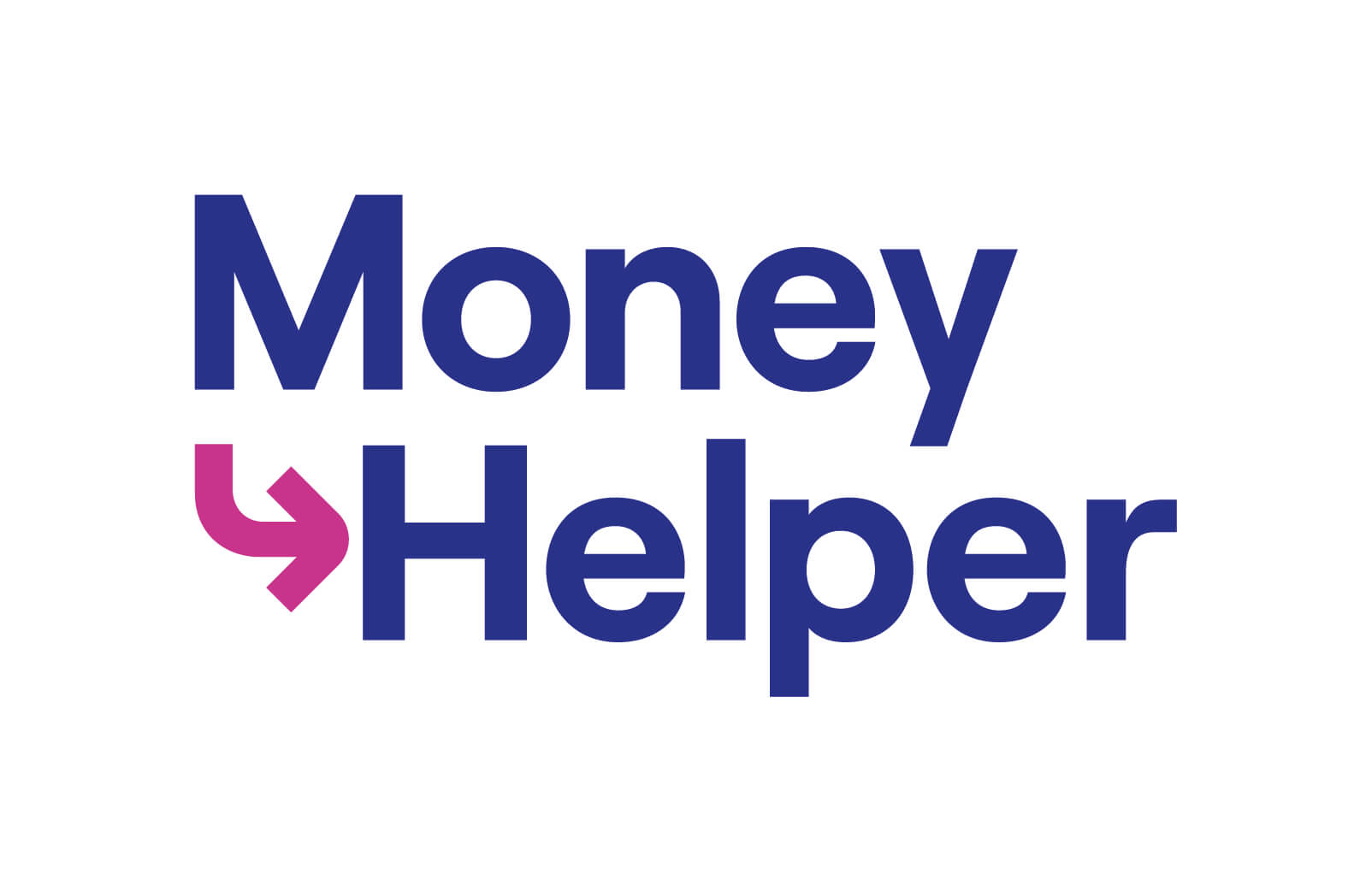Bankruptcy
If you are struggling with debts that you cannot repay, Bankruptcy is one option that may help you make a fresh start. However, it is important to understand what Bankruptcy involves, as it has serious consequences. You should always seek professional advice before deciding if Bankruptcy is right for you. There may be other options available that better suit your needs.
What is Bankruptcy?
Bankruptcy is a legal process where most of your debts can be written off if you can’t afford to pay them. An official called the Official Receiver will take control of your assets (things you own) and finances to help repay what you owe. Bankruptcy usually lasts for 12 months, after which most of your debts are cleared.

To find out more about managing your money and getting free advice, visit Money Helper, an independent service set up to help people manage their money.
Who Can Apply for Bankruptcy?
You can apply for Bankruptcy if:
- You owe at least £5,000 in debts.
- You live in England or Wales.
- You can’t pay back your debts in a reasonable amount of time.
How to Apply for Bankruptcy
To apply for Bankruptcy, you must complete an online form and pay a fee of £680. You do not need to attend court for this process. After you apply, the Official Receiver will take over your financial affairs and assess your assets and debts.What Happens in Bankruptcy?
- Once you’re declared bankrupt:
- The Official Receiver will manage your assets and debts.
- They may sell valuable items like your home or car to help repay what you owe.
- If you can afford it, you may be asked to make monthly payments for up to three years.
Important points to consider before entering a Bankruptcy Order
- Your Bankruptcy Order is entered on a public register which can be found at www.insolvencydirect.bis.gov.uk/eiir/
- Your credit rating will be adversely affected – whilst you may be discharged after 12 months the effect on your credit rating will last 6 years
- Your family home may be put at risk
- Your pension and other assets may also be taken into consideration
- A petition can be presented against you even if you are not present in England or Wales at that time. This can happen when you normally live in, or within the previous 3 years have lived or had business connections in England or Wales
- Once the Bankruptcy Order has been made the Official Receiver will give notice of the order in the ‘London Gazette’, which is an official publication that contains legal notices
Other Debt Solutions
Before applying for Bankruptcy, it’s important to consider other debt solutions, as they might be more suitable for your situation. For example:
Debt Relief Orders (DROs): If you have debts under £50,000, a low income, and few assets, a DRO may be an easier and cheaper option.
Individual Voluntary Arrangements (IVAs): This is a legal agreement where you pay back a portion of your debts over a fixed period, usually 5 years. It may allow you to keep your assets.
Debt Management Plan (DMP): If you can afford to make payments towards your debts, a DMP might be an option.
It’s essential to get professional advice on all the options available. Bankruptcy is just one of many solutions, and there may be other options that fit your circumstances better.
Contact Us Now to and one of our friendly advisers will be able to help you.
